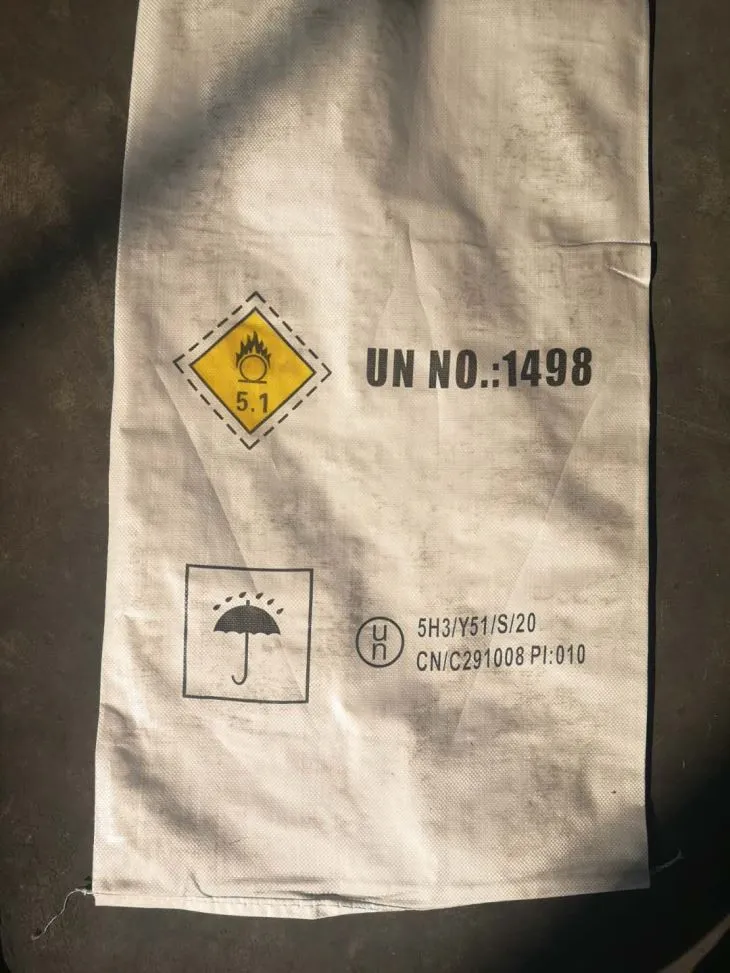



ph of 0.01 m naoh
Understanding the pH of 0.01 M NaOH A Comprehensive Analysis
The concept of pH is fundamental in chemistry, especially when discussing acids and bases. pH is a measure of the hydrogen ion concentration in a solution, expressed as the negative logarithm of the concentration, and is crucial for determining the acidity or basicity of a solution. In this article, we will explore the pH of a 0.01 M sodium hydroxide (NaOH) solution, its implications, and its significance in various contexts.
What is Sodium Hydroxide?
Sodium hydroxide, commonly known as lye or caustic soda, is a strong base that fully dissociates in water. This property is due to its ionic structure, consisting of sodium ions (Na⁺) and hydroxide ions (OH⁻). When sodium hydroxide is dissolved in water, it yields a strong basic solution. The equation for this dissociation is
\[ \text{NaOH} \rightarrow \text{Na}^+ + \text{OH}^- \]
Since NaOH is a strong base, it completely ionizes in water, which is crucial for calculating the pH of its solutions.
Calculating the pH of 0.01 M NaOH
To determine the pH of a 0.01 M NaOH solution, we first need to find the concentration of hydroxide ions, [OH⁻]. Given that NaOH dissociates completely, the concentration of OH⁻ in a 0.01 M NaOH solution is also 0.01 M.
The pOH of the solution can be calculated using the following formula
\[ \text{pOH} = -\log[\text{OH}^-] \]
For our 0.01 M NaOH
\[ \text{pOH} = -\log[0.01] \]
Calculating that gives
ph of 0.01 m naoh

\[ \text{pOH} = -(-2) = 2 \]
To find the pH, we can use the relationship between pH, pOH, and the ion product of water
\[ \text{pH} + \text{pOH} = 14 \]
Thus, we find the pH of the 0.01 M NaOH solution
\[ \text{pH} = 14 - \text{pOH} = 14 - 2 = 12 \]
This indicates that a 0.01 M NaOH solution is quite basic, which is expected given that it is derived from a strong base.
Implications of pH in Practical Applications
Understanding the pH of alkaline solutions like NaOH is crucial in various industries and scientific applications. For instance, in chemical manufacturing, maintaining specific pH levels is essential for product quality and safety. In biological systems, enzymes and cells require a certain pH range to function optimally.
Moreover, in environmental science, knowing the pH of solutions can help assess the impact of chemical discharges into water bodies. A high pH could indicate potential harm to aquatic life, emphasizing the importance of monitoring and controlling pH levels.
Safety Considerations
Handling sodium hydroxide requires caution. Solutions with high pH can cause chemical burns, so proper personal protective equipment (PPE) is essential when working with NaOH. When diluting concentrated NaOH, it is crucial to always add the base to water, not the other way around, to prevent exothermic reactions that can lead to splattering.
Conclusion
The pH of a 0.01 M NaOH solution is calculated to be 12, indicating a strongly basic environment. Such a fundamental understanding of pH is vital across various fields, from industrial applications to environmental science. By grasping the properties and implications of compounds like sodium hydroxide, scientists and practitioners can better navigate the challenges of working with chemical solutions, ensuring safety and efficacy in their respective domains.
-
Why Sodium Persulfate Is Everywhere NowNewsJul.07,2025
-
Why Polyacrylamide Is in High DemandNewsJul.07,2025
-
Understanding Paint Chemicals and Their ApplicationsNewsJul.07,2025
-
Smart Use Of Mining ChemicalsNewsJul.07,2025
-
Practical Uses of Potassium MonopersulfateNewsJul.07,2025
-
Agrochemicals In Real FarmingNewsJul.07,2025
-
Sodium Chlorite Hot UsesNewsJul.01,2025










